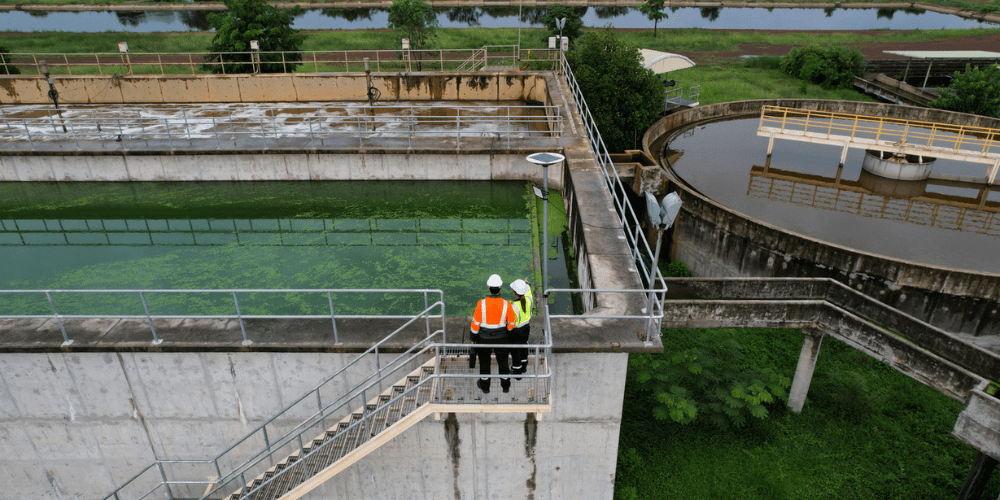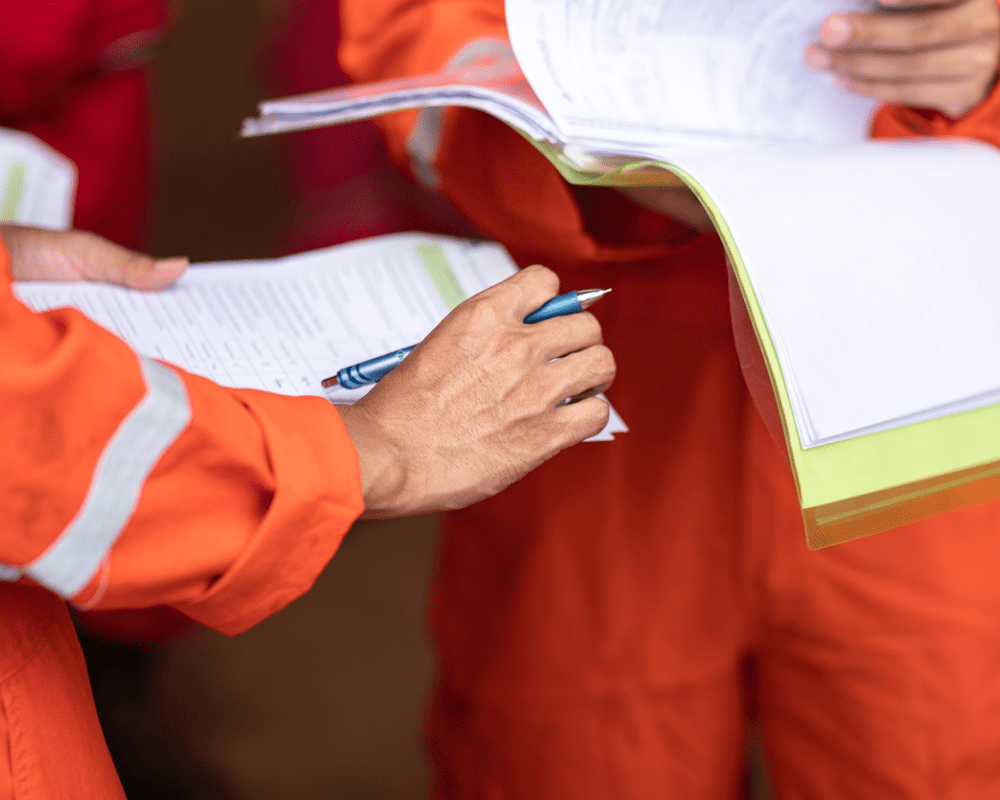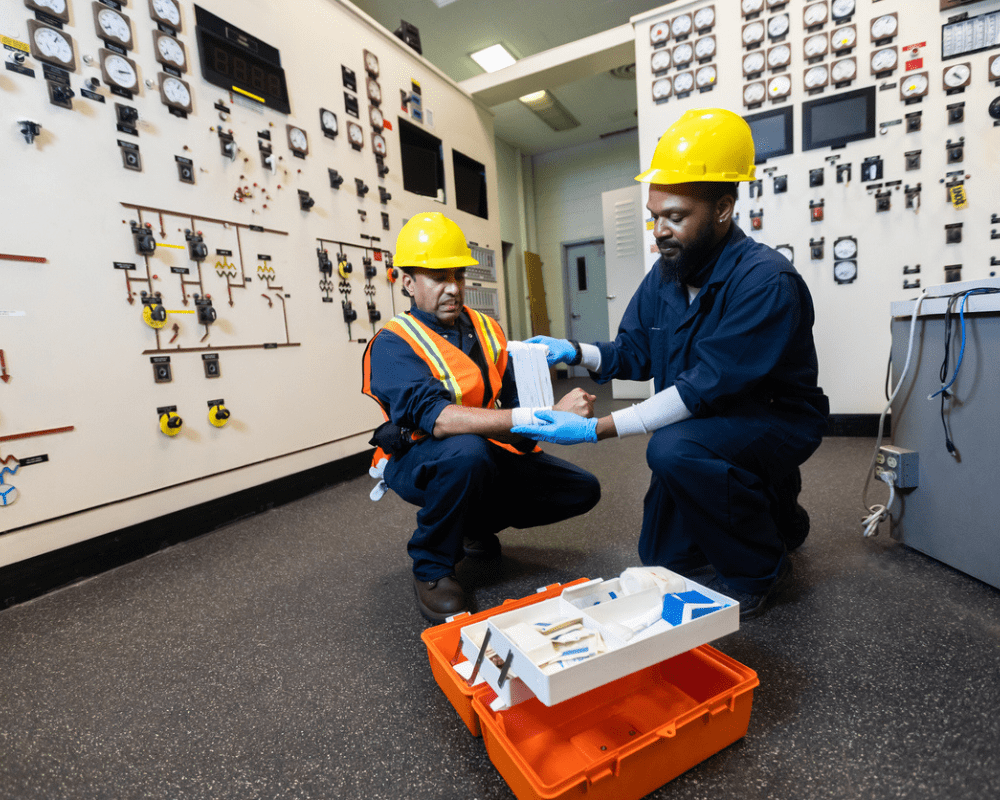If you work in water utilities, maintenance, civil contracting, sewerage, or any role that demands access to operational water‑industry sites, you may need a valid SHEA Water card. This credential supports safe, compliant work across the UK’s water industry. At Jason Rowley Ltd, we deliver EUSR‑approved SHEA Water training to ensure you meet the standards required for site access and safety.
This article explains when SHEA Water certification becomes necessary, which roles benefit most, and why it remains essential in 2025 and beyond.
What Is the SHEA Water Scheme?
The SHEA Water scheme belongs to the wider Safety, Health and Environmental Awareness (SHEA) framework. It provides a baseline of health, safety and environmental knowledge tailored specifically for water‑industry workers and utilities sites. The course comprises eight modules, six core to all utility sectors and two focused on water‑industry operations, covering everything from workplace responsibilities and risk control to clean water and wastewater operations.
Successful completion leads to EUSR registration, a card valid for three years, which many UK water companies recognise as a standard for granting operational‑site access.
Why SHEA Water Remains Vital in 2025
The water industry continues to evolve. Regulatory standards, environmental scrutiny, and public‑health expectations are tighter than ever. Holding a SHEA Water card helps you:
- Demonstrate you understand unique risks and safety procedures associated with water‑industry work.
- Meet employer and contractor compliance requirements when bidding for or undertaking water utility projects.
- Gain access to both water‑specific operational sites and construction sites managed under utilities work standards (SHEA Water is recognised under CSCS‑affiliated site‑access schemes).
- Maintain up‑to-date health, safety and environmental awareness through periodic renewal and re‑assessment.
If your role involves working in water distribution, treatment, sewerage, or utility‑related civil work, this card is not optional, it is a necessary requirement to meet industry norms.
Roles That Commonly Require SHEA Water Certification
Here’s a breakdown of roles that should complete SHEA Water training, particularly in 2025 when compliance and access demands are high.
Clean Water and Wastewater Operatives
Workers who handle daily maintenance, repair and operations in water treatment plants, pumping stations, reservoirs, distribution networks or wastewater infrastructure. Their work regularly interacts with operational water‑industry assets.
Utility Contractors and Civil Engineers
This includes contractors handling streetworks, excavations, laying new pipes, servicing mains or service pipes, or any utility work near water infrastructure. Many of these sites fall under utilities or construction‑site regulation requiring a SHEA Water card for access.
Supervisors, Site Managers, and Team Leaders
Supervision roles carry extra responsibility. Managers overseeing operational or construction work must understand the full scope of safety, risk hierarchy, environmental obligations and compliance standards, knowledge provided by the SHEA Water scheme.
Temporary Labour, Agency Workers and Subcontractors
Even short‑term or occasional workers on water industry sites often need valid SHEA Water registration. Water companies and main contractors may refuse access without it, even for seemingly simple tasks.
Roles Requiring CSCS-affiliated Site Access
SHEA Water is recognised as a “passport” to CSCS‑controlled operational and construction‑style sites under the utilities umbrella. If you expect to work on such sites, the SHEA Water card offers a single‑card solution for compliance and site access.
When Might You Need More Than One Certification?
SHEA Water provides essential health, safety and environmental awareness. However, certain projects or tasks may demand additional, role-specific qualifications.
- Technical or specialist water‑hygiene work may require a separate qualification, such as a “water hygiene” or contamination‑control card.
- Projects involving other utility disciplines (gas, electrical, telecoms) might trigger the need for equivalent SHEA schemes relevant to those sectors.
- Supervisors or specialised engineers may need both SHEA Water and further sector‑specific training, depending on the employer or contractual requirements.
If you are unsure which credentials are necessary for your role, our team at Jason Rowley Ltd can advise based on project scope and site requirements.
How to Get Your SHEA Water Card with Jason Rowley Ltd
We designed our SHEA Water course to support a wide range of workers and employers across the UK. With us, you benefit from:
- Flexible delivery: live virtual classroom, online or in‑person training at your convenience.
- All eight modules included, covering core and water‑specific content as specified by EUSR.
- Straightforward multiple‑choice assessments in line with EUSR standards.
- Fast registration and issuance of the SHEA Water card upon successful completion.
If you’re ready to comply with water‑industry standards and secure site access, you can book the SHEA Water course online today. If you wish to enrol a team or require a bespoke training date, contact us, and we’ll work to meet your needs.
SHEA Water Frequently Asked Questions
Do I need a CSCS card if I have SHEA Water?
No. The SHEA Water card is CSCS‑affiliated for utility work. It provides access to many construction-style utility sites without needing a separate CSCS card.
Is SHEA Water valid for all water‑industry tasks?
SHEA Water covers general health, safety and environmental awareness. For tasks involving clean‑water hygiene or contamination control you might need additional certification.
How long is the qualification valid?
SHEA Water registration is valid for three years. You must complete a renewal course or refresh your registration before expiry to maintain validity.




